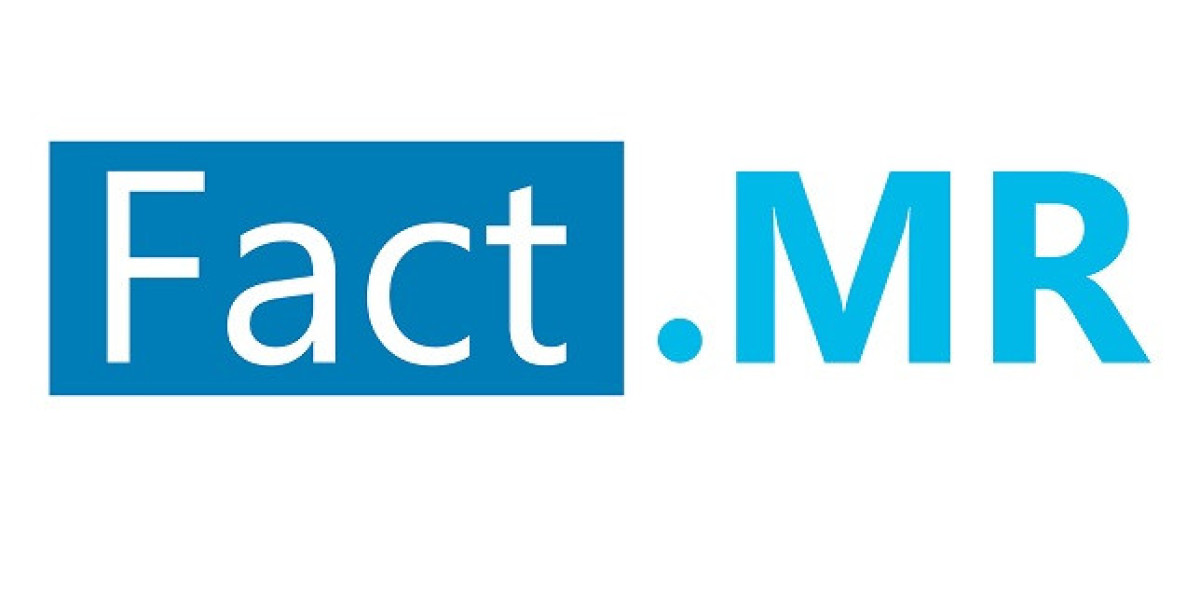Finding a mentor can be a game-changer for any student, particularly for those studying 3D modeling. A mentor can offer invaluable guidance, feedback, and support as you navigate your academic and professional journey. Here’s a guide on how to find the right mentor to help you excel in your 3D modeling studies and beyond.
Identify Your Goals
Before seeking a mentor, clearly define what you hope to achieve. Are you looking for advice on specific 3D modeling techniques, portfolio development, or career guidance? Knowing your goals will help you find a mentor who aligns with your needs and can offer targeted support.
Leverage Your Academic Network
Start by exploring opportunities within your academic institution. Professors and instructors are excellent potential mentors. They possess industry knowledge and can provide guidance based on their own experiences. Participate in office hours, engage in class discussions, and attend relevant seminars to build relationships with faculty members.
Engage with Professional Communities
Professional communities and industry groups are rich resources for finding mentors. Join forums, attend conferences, and participate in workshops related to 3D modeling. Networking in these spaces can connect you with experienced professionals willing to share their expertise.
Utilize Online Platforms
In the digital age, online platforms are invaluable for connecting with potential mentors. Websites like LinkedIn, Behance, and industry-specific forums allow you to follow and reach out to professionals whose work you admire. Engage with their content, participate in discussions, and make a genuine effort to build a connection before requesting mentorship.
Join Student and Professional Associations
Many fields have student and professional associations that offer mentorship programs. These associations can connect you with experienced individuals who are eager to support aspiring professionals. Look for organizations related to 3D modeling or digital arts and inquire about their mentorship opportunities.
Seek Out Alumni
Alumni from your program or institution can be a great source of mentorship. They have walked the path you’re on and can provide unique insights into the industry. Reach out to alumni networks or attend alumni events to find potential mentors who understand the specific challenges and opportunities in 3D modeling.
Look for Mentors with Relevant Experience
When choosing a mentor, consider their background and expertise. Look for someone with experience in the areas you want to develop, whether it's technical skills, industry knowledge, or career advancement. A mentor with relevant experience can offer practical advice and help you navigate your specific interests and challenges.
Be Clear About Expectations
Once you’ve identified a potential mentor, have a clear and honest conversation about your expectations. Discuss how often you’d like to meet, the types of guidance you’re seeking, and any specific goals you have. Setting clear expectations helps establish a productive and respectful mentoring relationship.
Build a Mutual Relationship
Mentorship is a two-way street. While it’s important to seek guidance, also consider how you can contribute to the relationship. Be respectful of your mentor’s time, show appreciation for their help, and be proactive in applying their advice. A successful mentorship relationship is built on mutual respect and engagement.
Make Use of Support Services
In addition to finding a mentor, support services like 3D modeling Assignment Help can complement your learning experience. These services can provide additional assistance with assignments, helping you better understand complex concepts and improve your skills. Combining mentorship with these resources can enhance your overall learning and development.
Stay Open to Feedback
A key aspect of mentorship is receiving and acting on feedback. Be open to constructive criticism and use it to refine your skills and approach. A good mentor will provide honest feedback to help you grow, so embrace their insights and apply them to your work.
Conclusion
Finding a mentor as a 3D modeling student can significantly enhance your educational and professional journey. By identifying your goals, leveraging your network, engaging with professional communities, and seeking mentors with relevant experience, you can establish a valuable mentorship relationship. Combining this guidance with additional resources like 3D modeling Assignment Help can further support your growth and success in the field.
Naijamatta is a social networking site,
download Naijamatta from Google play store or visit www.naijamatta.com to register. You can post, comment, do voice and video call, join and open group, go live etc. Join Naijamatta family, the Green app.
Click To Download

